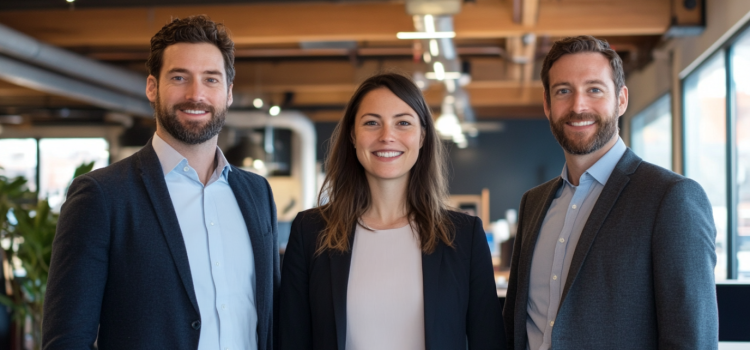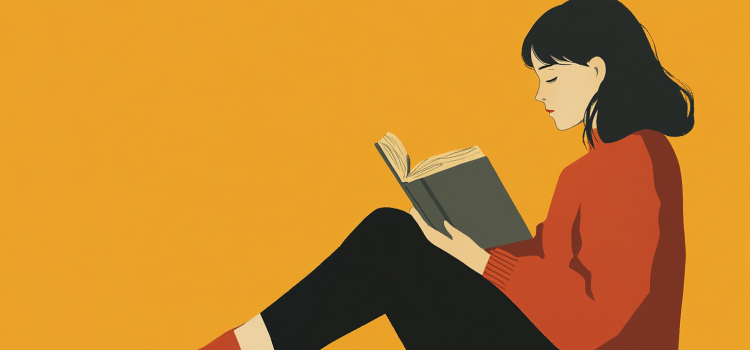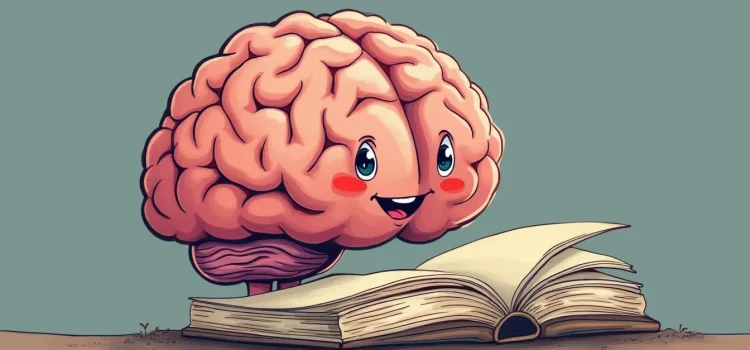How do winners think differently from everyone else? What psychological and biological factors contribute to ongoing success? Winning isn’t just about talent or luck; it’s shaped by five key elements. The book The Winner Effect by Ian Robertson argues that understanding these interconnected factors can help you achieve and sustain success throughout your life. Read on to discover the science behind success and how you can harness these principles to create your own winning streak.
The Winner Effect by Ian Robertson: Book Overview










